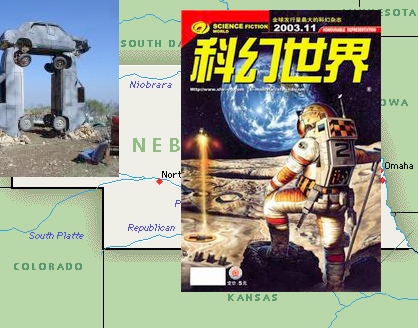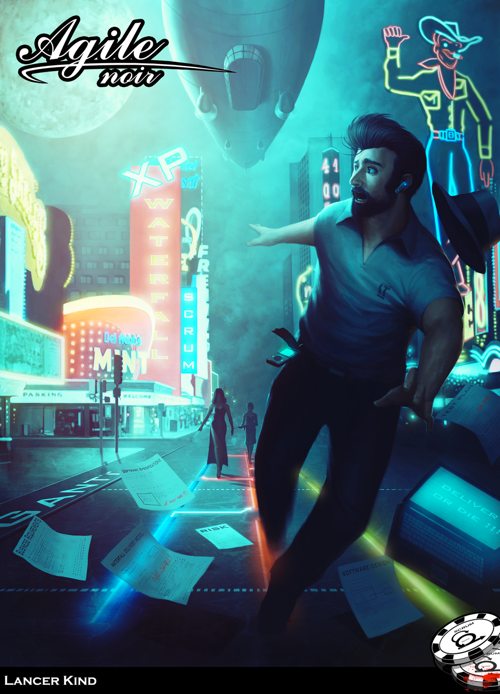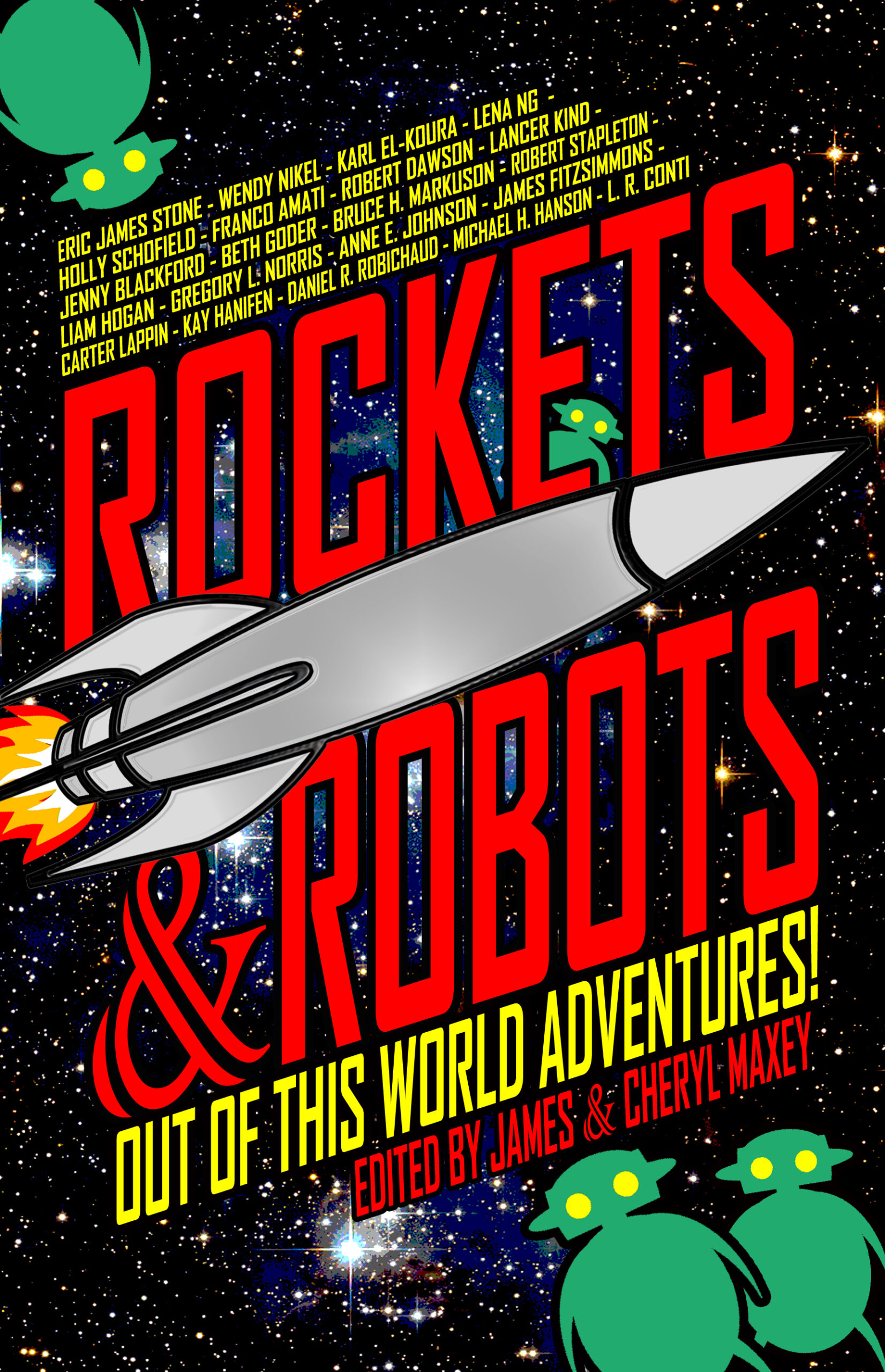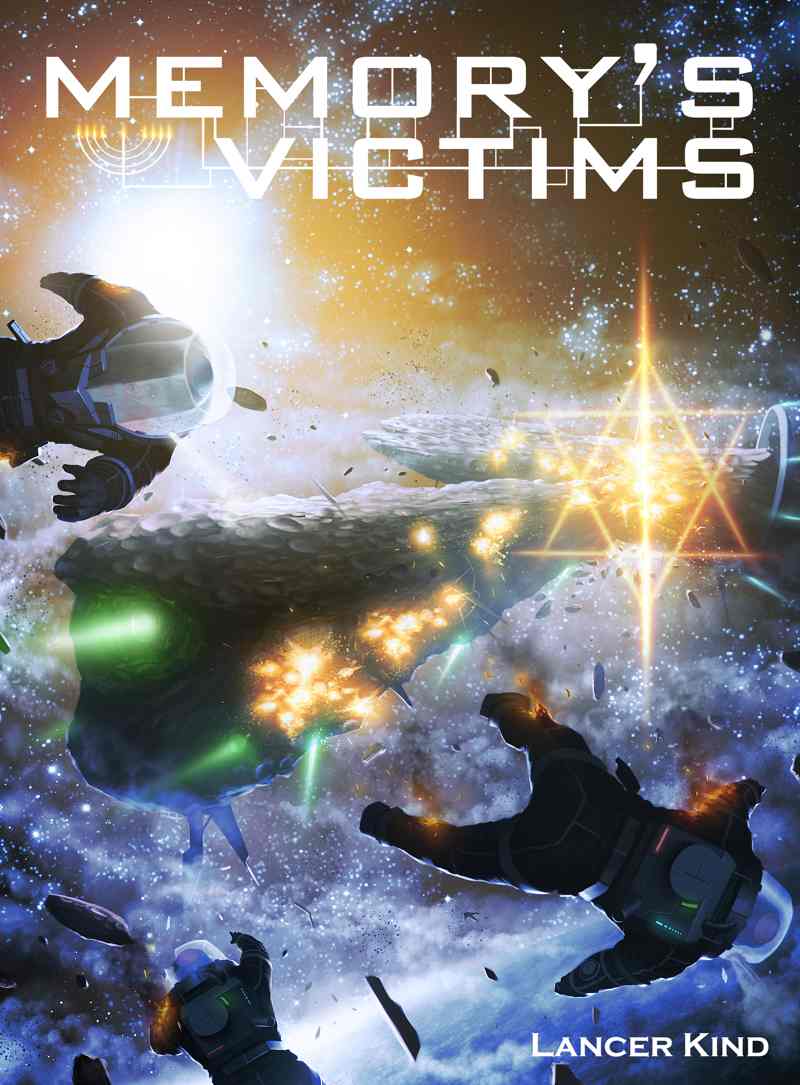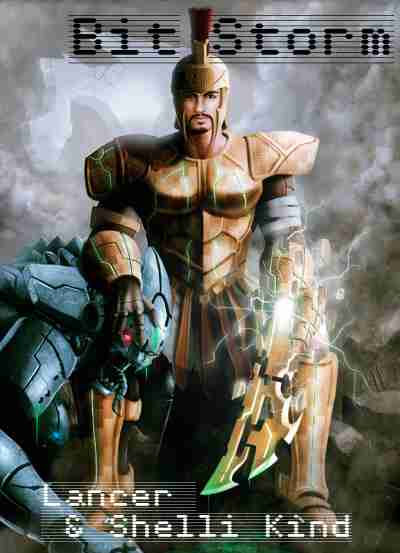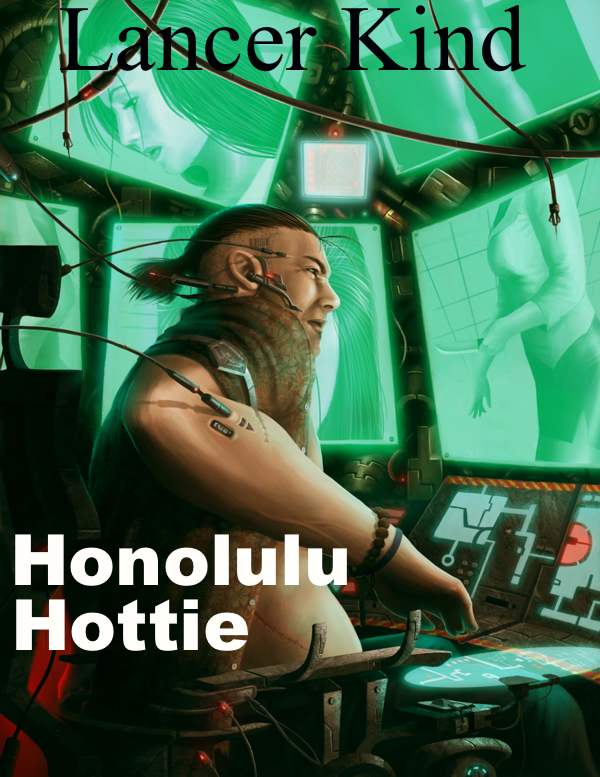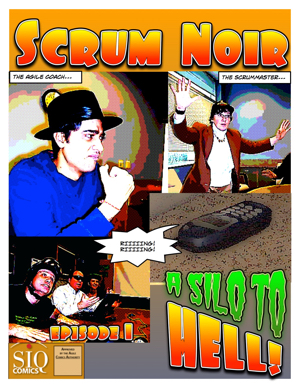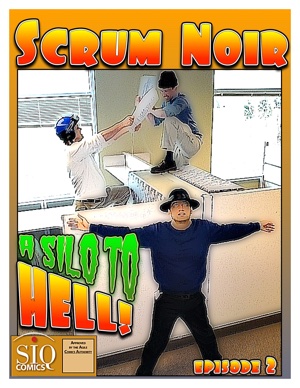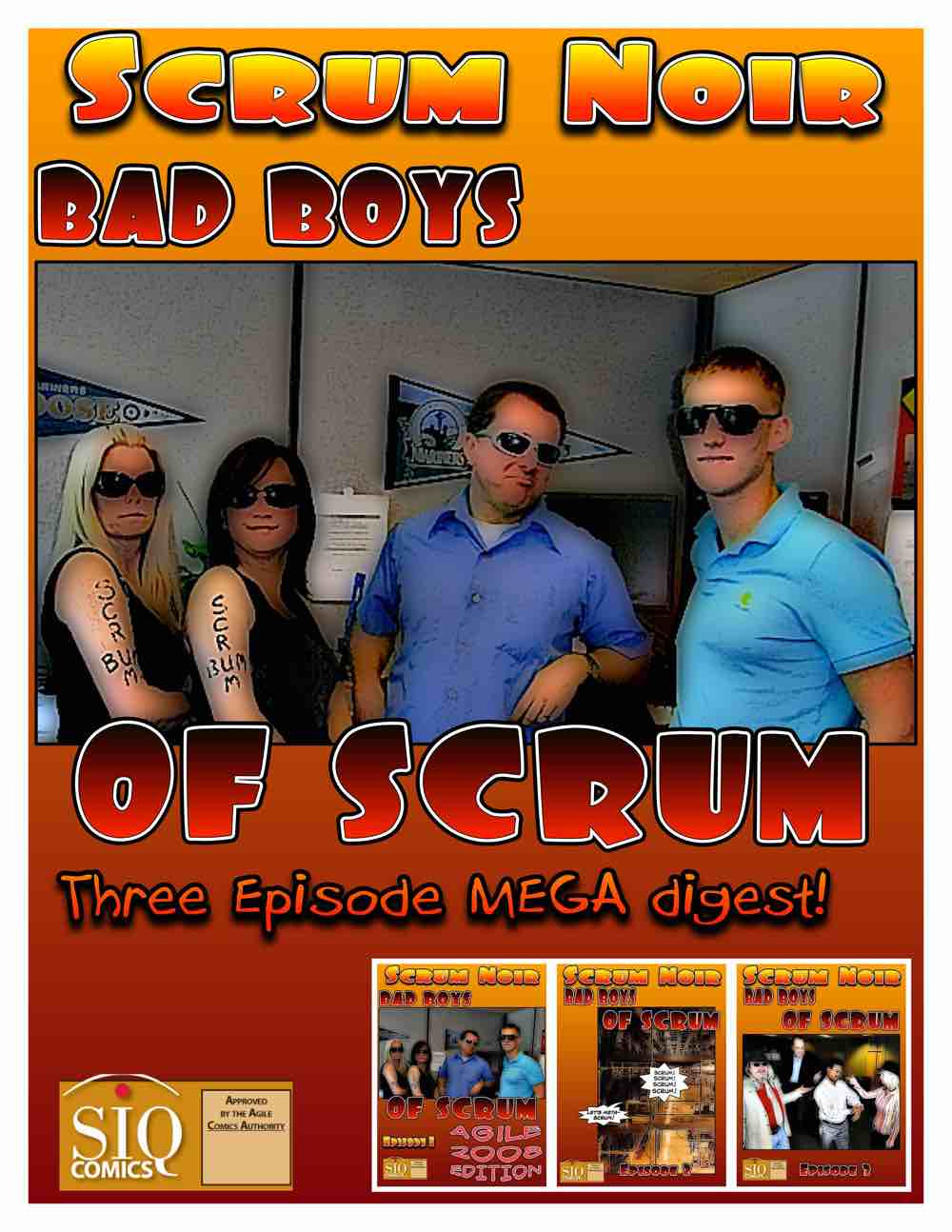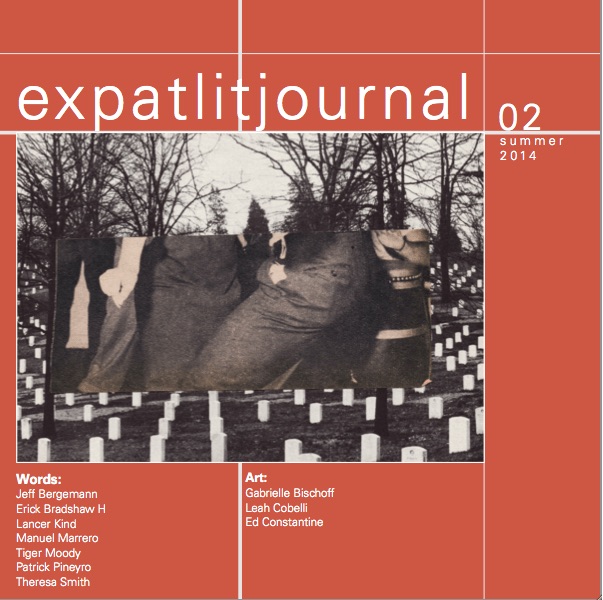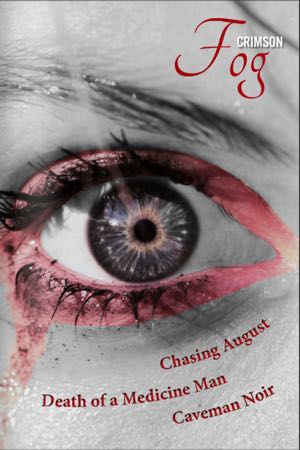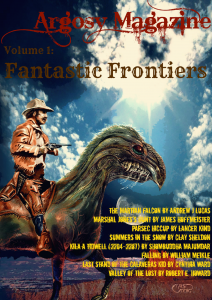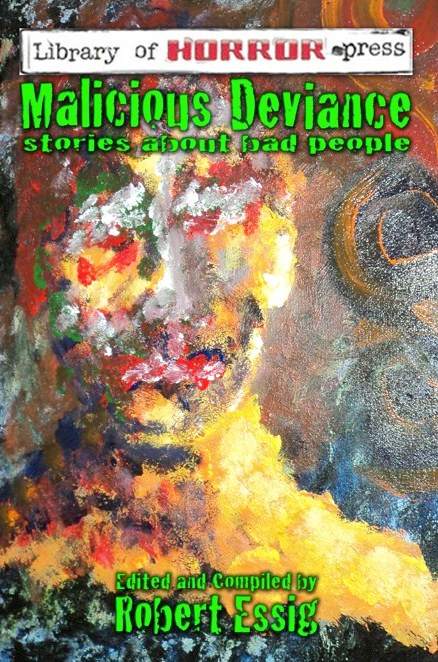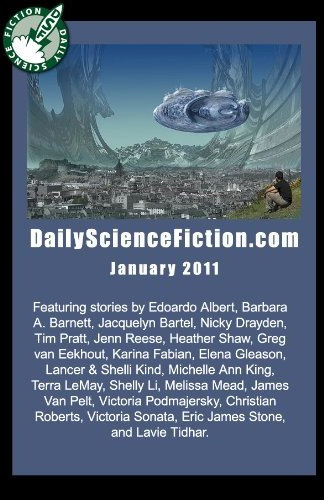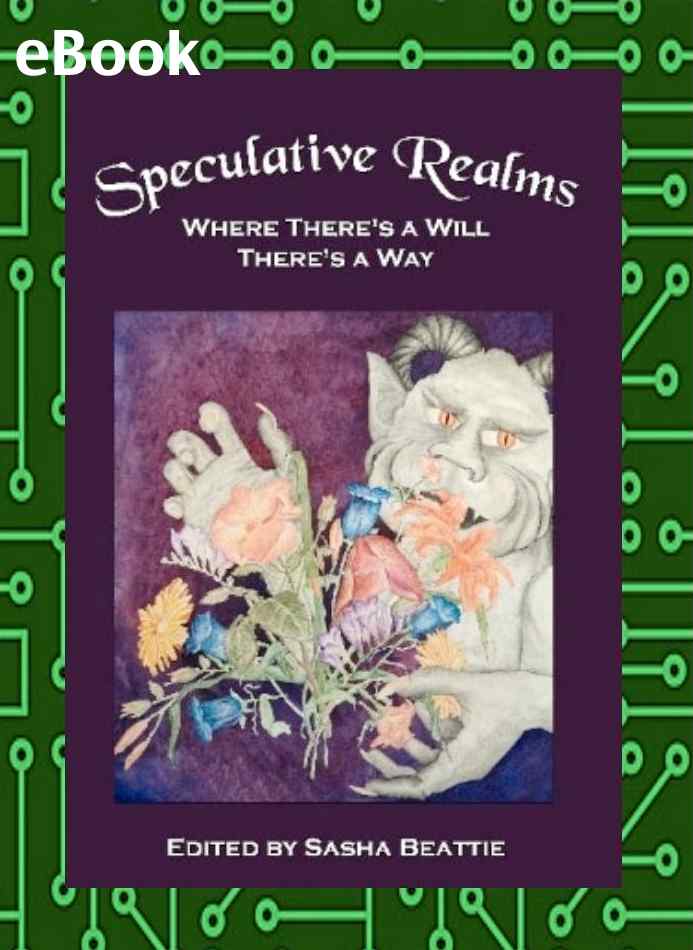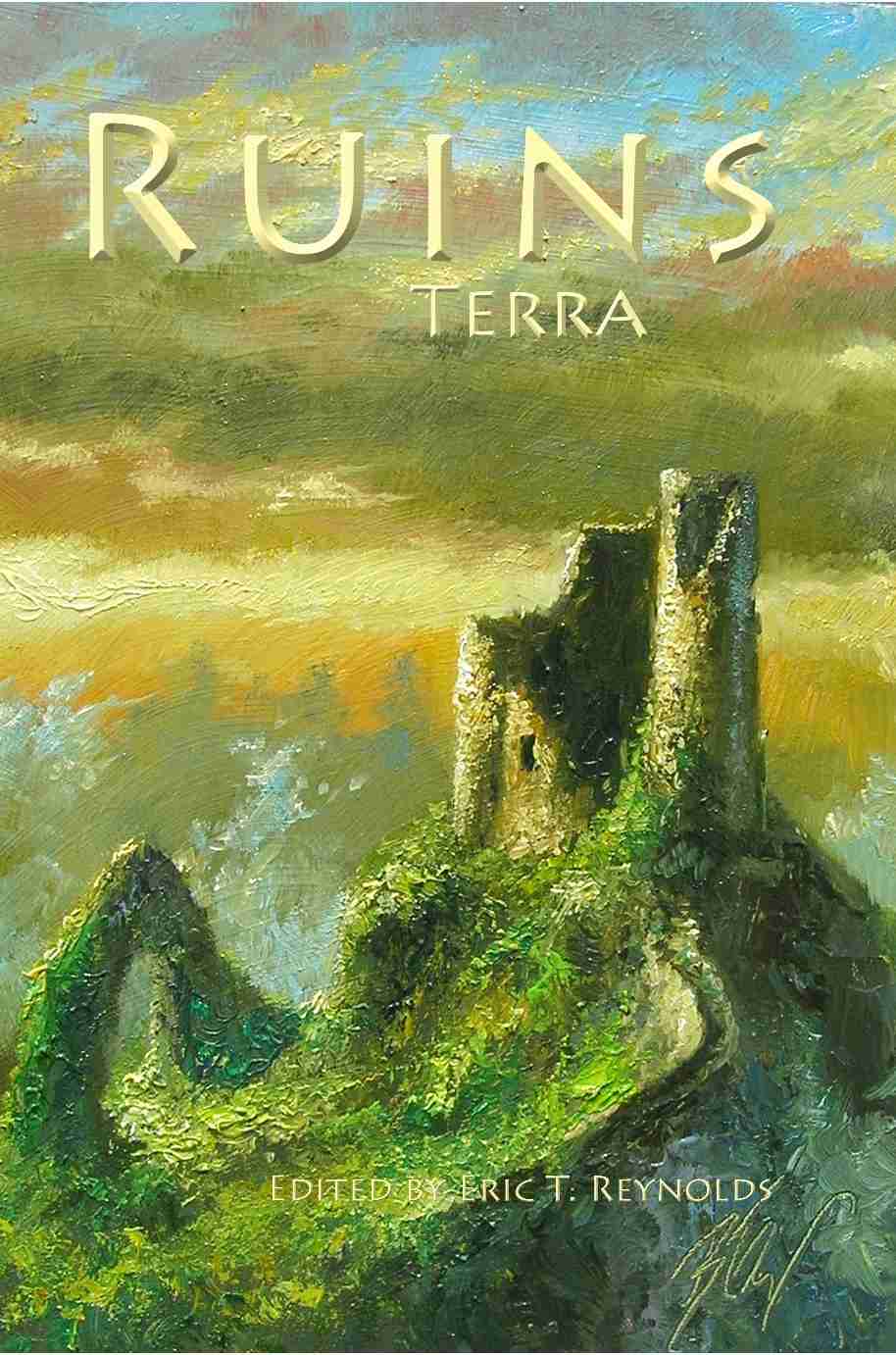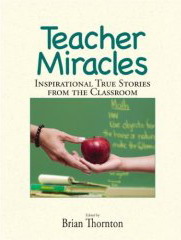Daily, get your Science Fiction while you can
The advent of the Internet has increased the rate of information flow. We used to wait a month for a new magazine issue or a week for a favorite TV episode. Nowadays, you need the help of a site like this to even stand a chance of being able to keep up to date, with entire new TV shows being released nearly every day! It has become apparent that life now progresses at Internet time. Online magazines report not only daily but when the story breaks. You can watch movies on-demand rather than run to the video store or wait for it to show again on HBO.
Moreover, on-demand streaming services like HBO Max, Netflix, Amazon Prime have totally changed the way that we are able to enjoy TV shows and movies. You can learn more about HBO Max and check out some of the latest TV and Internet deals here: https://att-bundles.com/. Above all, with exclusive TV programs and films now arriving on streaming services, it is interesting to think about what else the future might hold for streaming. Also, many of the movies on these platforms are only available for specific locations. But you can watch these movies or series by using VPN services and then log in to the application. Alternatively, you can download these movies from external open-source media platforms like Kodi. It is essentially a tool to bring all your content together in one place and share it across numerous devices. But it’s important to use VPN services with Kodi to create a secure connection between your device and its physical servers. Well! If you don’t know how to install vpn on kodi, simply visit the blog pages, where you can find step-by-step instructions to do that. Kodi apps can be vulnerable to a variety of hacks, especially if you’re interested in various third-party add-ons that provide a variety of additional features. If you’re downloading an older version of an add-on or it lacks the necessary security certificates, a Kodi VPN might always provide an extra layer of privacy.
Anyway, according to The Singularity, with technological advancements doubling for the past centuries, we might eventually reach a point where the change in streaming will become so rapid, that society will become wildly unpredictable. This point is called The Singularity.
Once The Singularity hits, your favorite TV show will finish its entire season BEFORE you’ve seen the first episode. This is upsetting because the last episode will be in a new HD format of a 1080googleP, and although it was amazing, it’ll be a commercial disaster because no one knew about it in time to watch its ten second season. (It jumped the shark in the ninth second.)
So before the disaster that is The Singularity, enjoy your leisurely Internet age of daily magazines such as Daily Science Fiction. Visit their website and subscribe, for free, and receive science fiction short stories. The eZine has just started up and will be releasing stories to their subscribers late this Summer/Fall.
One of the stories they’ll send you is a story I wrote called Bit Storm, which received honorable mention in The Writers of the Future contest. Diff makes a living setting up and maintaining an AI for a financial company. He makes the acquaintance of a greifer who goes by Slick Devil who challenges Diff to prove him wrong, that war is a natural and necessary in society and the skilled survive to prey on the weak. Although Diff tries to steer clear, Slick Devil involves him in a disastrous Halloween stunt that risks people’s lives.
As I’m sure there will be stories about life during and post Singularity, it would be irresponsible not to subscribe to Daily Science Fiction. You owe it to yourself to learn as much as possible before The Singularity is upon us. (People addicted to iPhones and PvZ is just a coming herald.)
Subscribe soon, before Daily Science Fiction becomes Hourly Science Fiction or, shudder, Quantum Science Fiction.





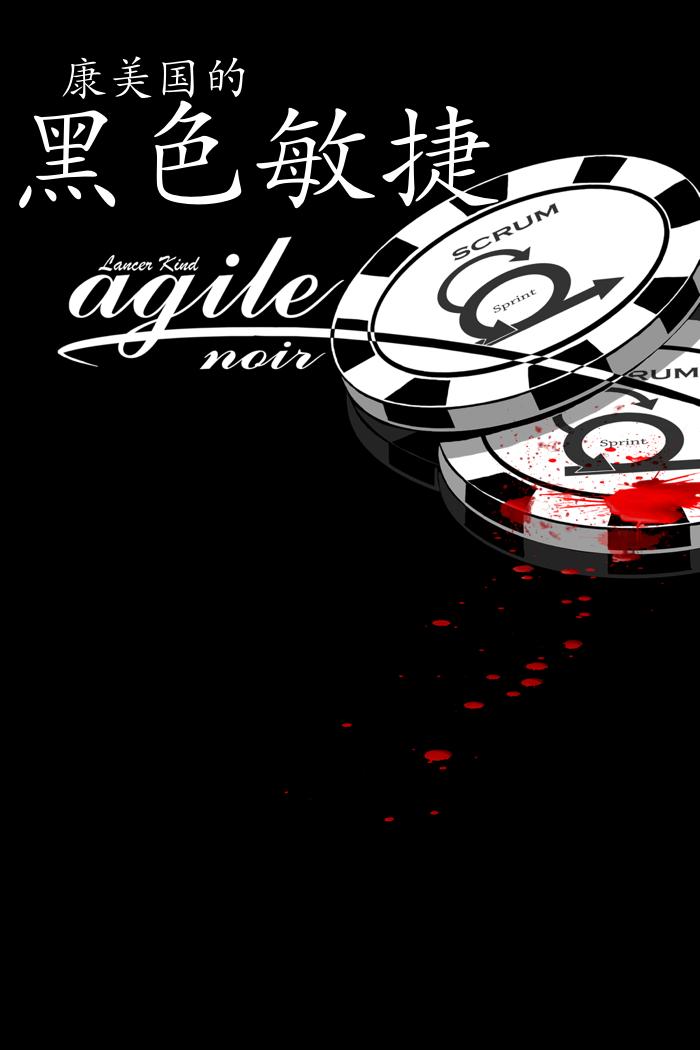
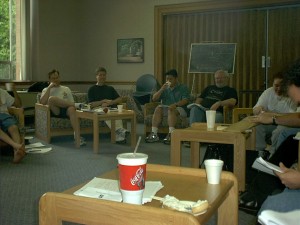
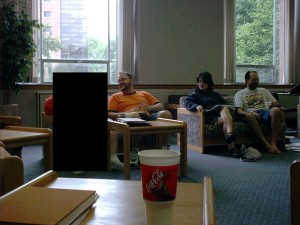
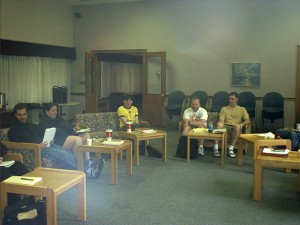
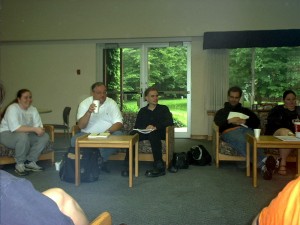
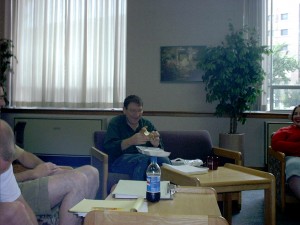








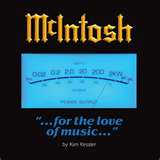

 It never even occurred to me that could happen. With the kids coming, I didn’t get to work much and I only published two stories that year. I never even dreamed it until someone on
It never even occurred to me that could happen. With the kids coming, I didn’t get to work much and I only published two stories that year. I never even dreamed it until someone on 

